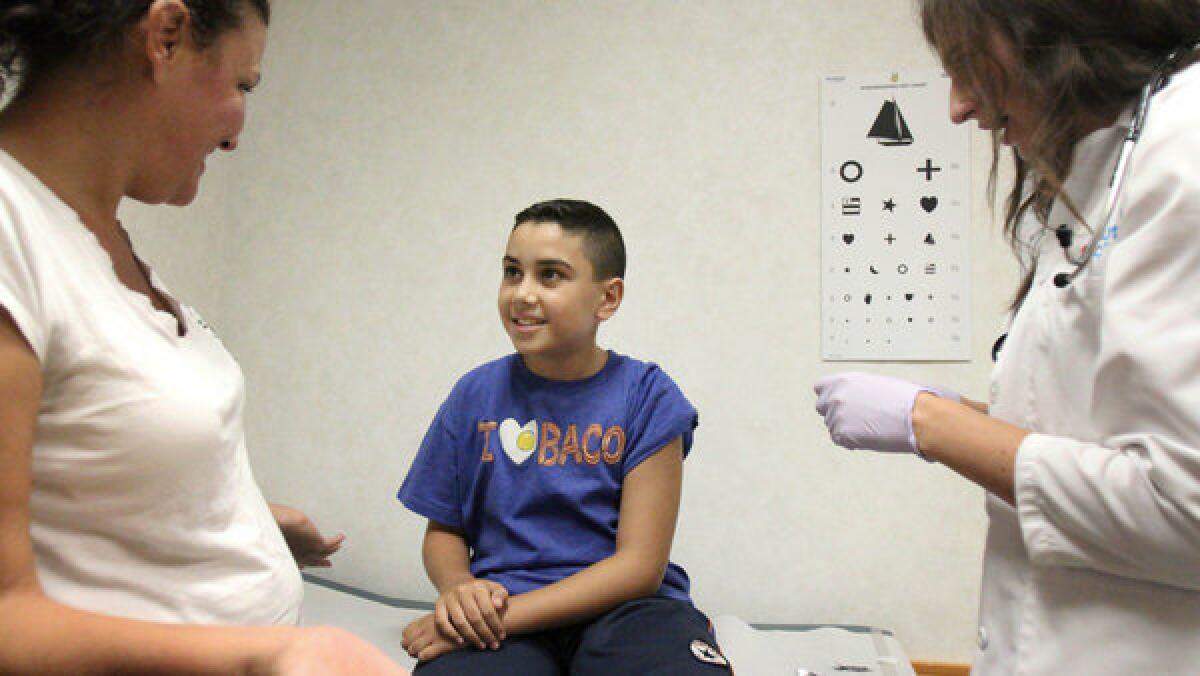Doctors’ words can influence whether parents vaccinate kids

Pediatricians who presume their patients will get vaccinations are more likely to have parents choose the shots for their babies, and the doctors who pushed their recommendations often got resistant parents to change their minds, researchers said.
The researchers videotaped 16 doctors and nurse practitioners in 111 conversations about vaccines with patients – half from families identified as resistant to vaccinating their children, ages 1 to 19 months in the study. How those healthcare providers approached the subject was associated with the level of acceptance of vaccinations among parents.
The study was inspired by the increasing number of parents who have worries about childhood vaccinations. Parents also say their child’s pediatrician or nurse practitioner influences those decisions, so the researchers, led by Dr. Douglas Opel of the University of Washington School of Medicine in Seattle, decided to look at how those healthcare providers dealt with the subject. Their work was published Monday in the journal Pediatrics.
Most of the healthcare providers, 74%, used language that presumed the parents would OK vaccinations -- for example, ”Well, we have to do some shots” -- as opposed to asking parents whether they want to vaccinate their baby. Providers who used the latter tactic had many more parents resist the idea, the study said. But when the doctor or nurse practioner then pushed the idea, nearly half chose the vaccinations. But, the researchers wrote, only half the providers pursued the issue when initially put off.
“Whether shared decision-making is appropriate in childhood vaccine discussions is likely central to the existing disagreement among pediatricians regarding the appropriateness of dismissing families for refusing vaccines,” the study authors wrote.
National estimates for the percentage of children 19 months to 35 months who have the vaccinations recommended – including polio, measles-mumps-rubella, hepatitis B and tetanus – is below 80%, the goal of the federal Healthy People 2020 initiative. And rates of nonmedical exemptions for vaccinations required to go to school are rising annually, the study said.
Also:
Butterflies faking it to make it
Close-up of virus could ease vaccination
Mary.MacVean@latimes.com







